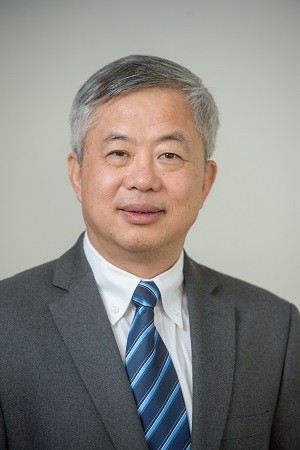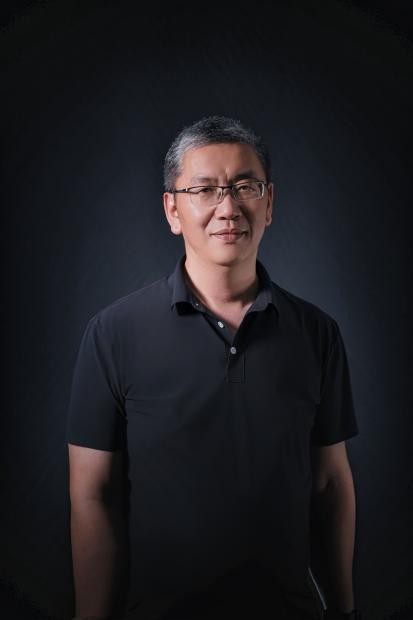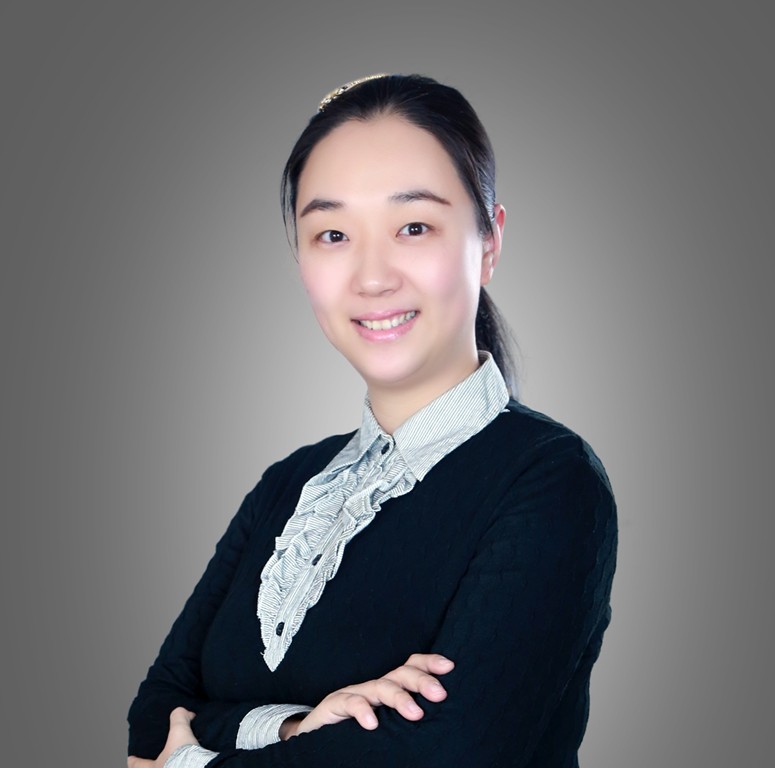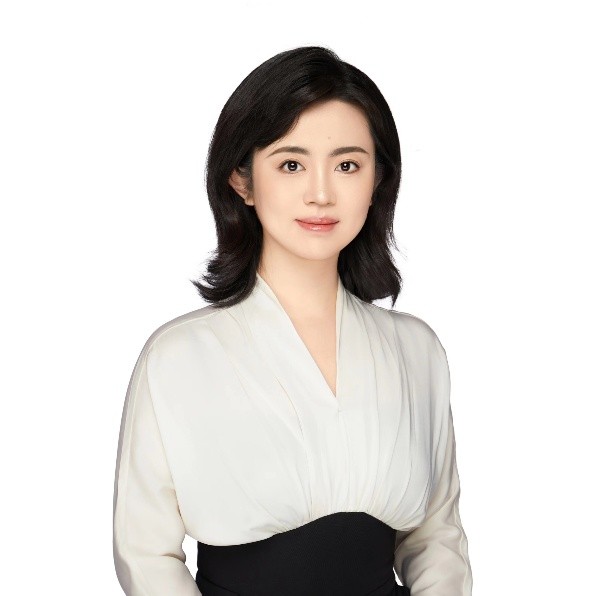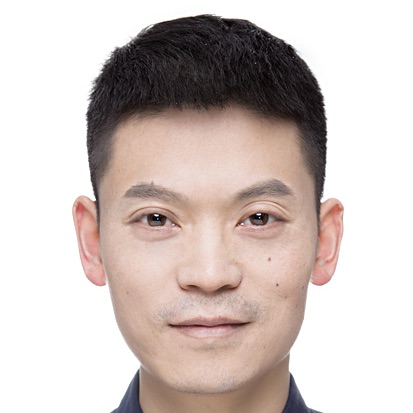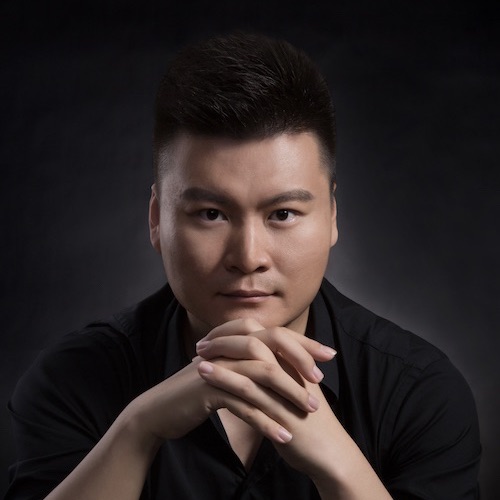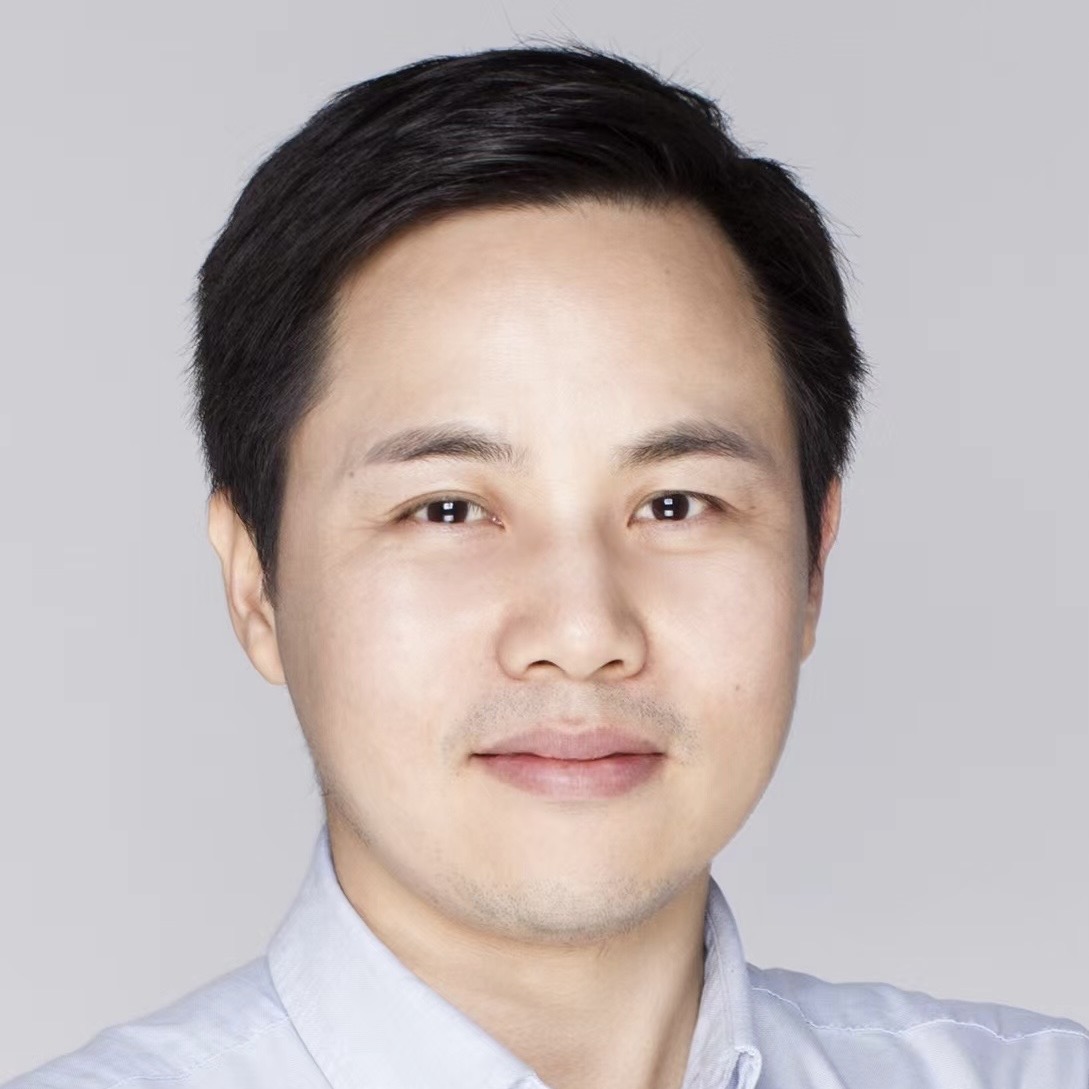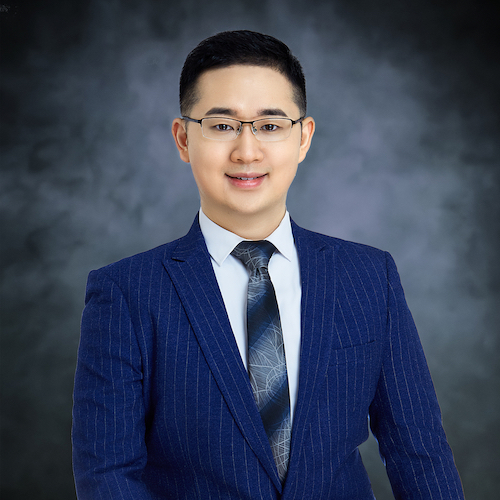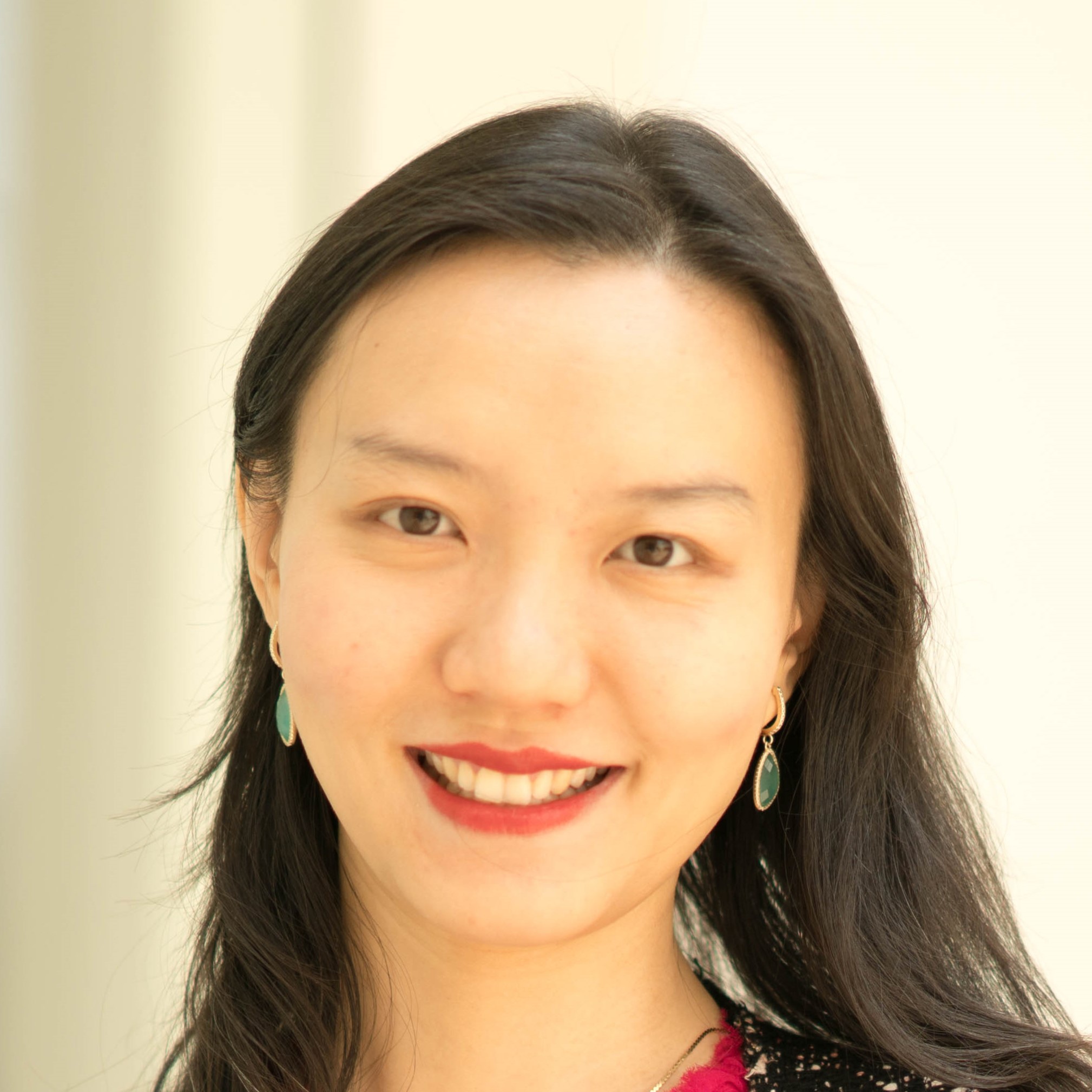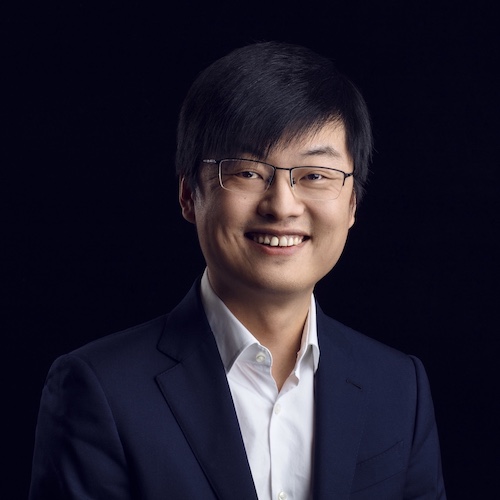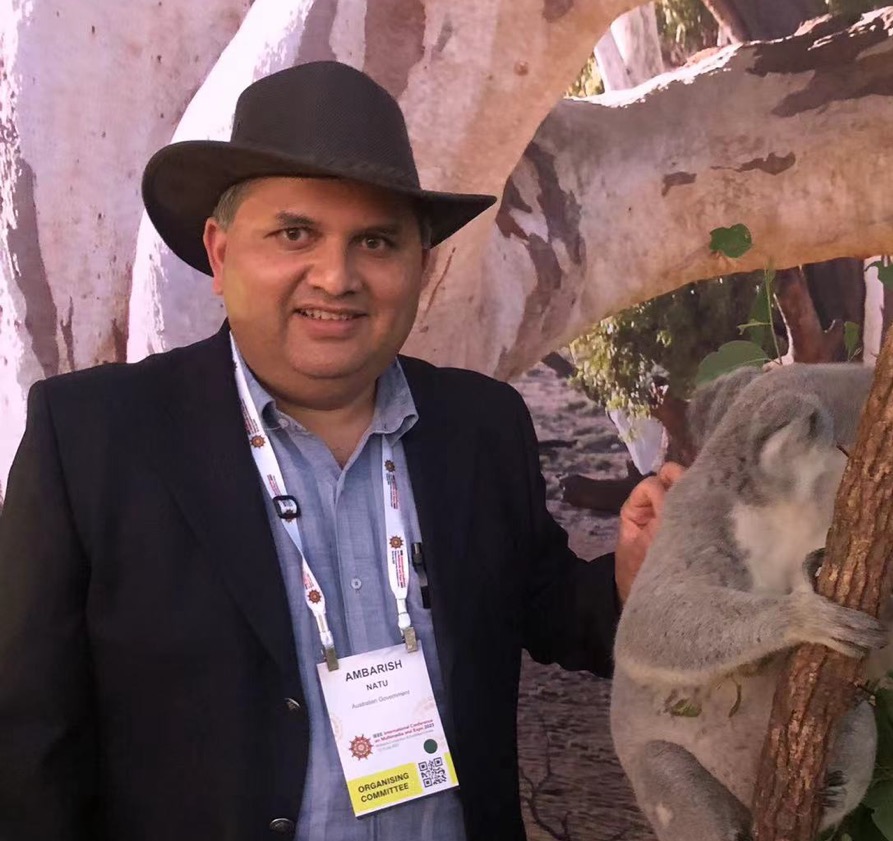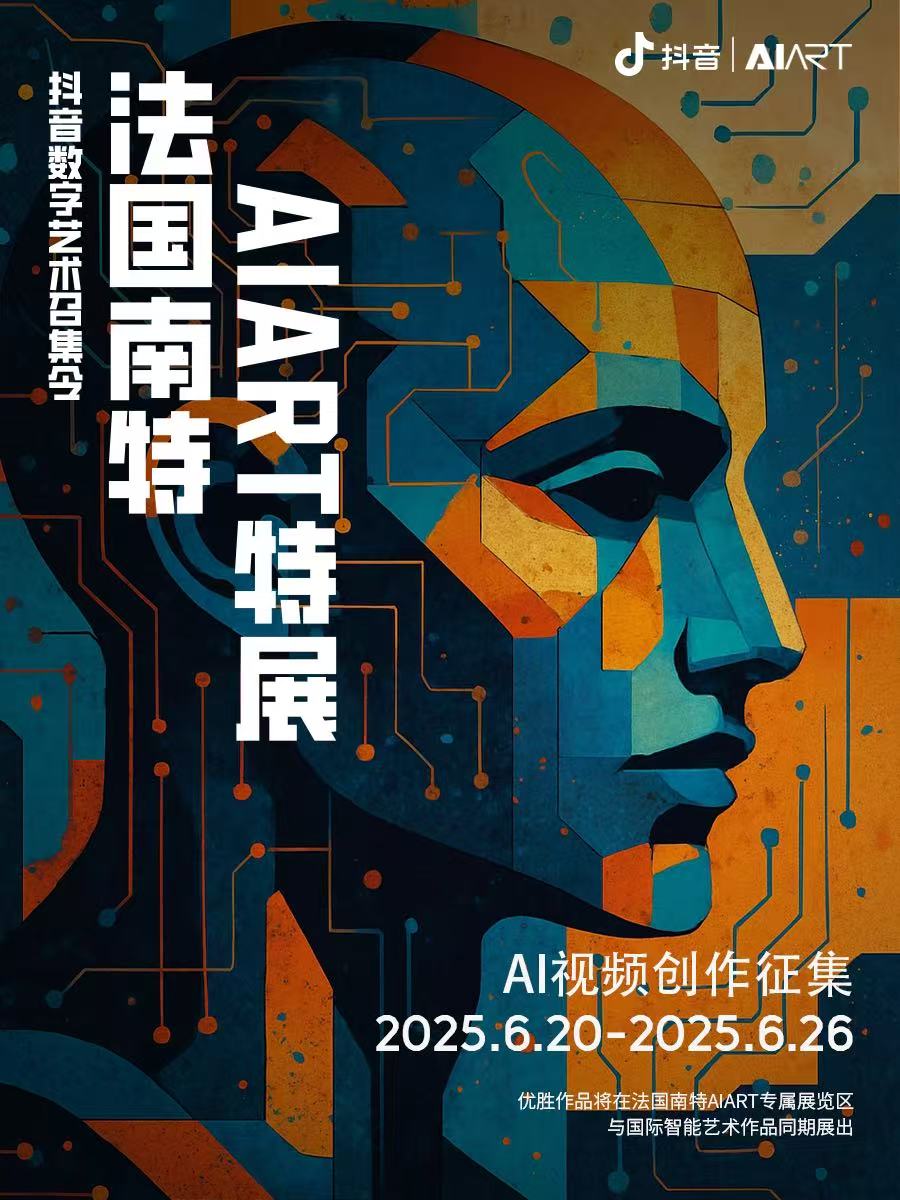-
Ajay Kapur, California Institute of the Arts, USA
-
Alan Chamberlain, University of Nottingham, UK
-
Alexander Lerch, Georgia Institute of Technology, USA
-
Alexander Pantelyat, Johns Hopkins University, USA
-
Bahareh Nakisa, Deakin University, Australia
-
Baoqiang Han, China Conservatory of Music, China
-
Baoyang Chen, Central Academy of Fine Arts, China
-
Bing Li, King Abdullah University of Science and Technology, Saudi Arabia
-
Björn W. Schuller, Imperial College London, UK
-
Bob Sturm, KTH Royal Institute of Technology, Sweden
-
Borou Yu, Harvard University, USA
-
Brian C. Lovell, The University of Queensland, Australia
-
Carlos Castellanos, Rochester Institute of Technology, USA
-
Changsheng Xu, Institute of Automation, Chinese Academy of Sciences, China
-
Chunning Guo, Renmin University, China
-
Cong Jin, Communication University of China, China
-
Dong Liu, University of Science and Technology of China, China
-
Dongmei Jiang, Northwestern Polytechnical University, China
-
Emma Young, BBC, UK
-
Gus Xia, New York University Shanghai, China & Mohamed bin Zayed University of Artificial
Intelligence, United Arab Emirates
-
Haifeng Li, Harbin Institute of Technology, China
-
Haipeng Mi, Tsinghua University, China
-
Han Zhang, University of Chinese Academy of Sciences, China
-
Hanli Wang, Tongji University, China
-
Haonan Chen, Communication University of China, China
-
Honghai Liu, Harbin Institute of Technology, China
-
Hongxun Yao, Harbin Institute of Technology, China
-
Jesse Engel, Google, USA
-
Jiafeng Liu, Central Conservatory of Music, China
-
Jia Jia, Tsinghua University, China
-
Jiajian Min, Harvard University, USA
-
Jian Zhang, Peking University, China
-
Jian Zhao, China Telecom, China
-
Jianyu Fan, Microsoft, Canada
-
Jing Huo, Nanjing University, China
-
Jing Wang, Beijing Institute of Technology, China
-
Jingjing Chen, Fudan University, China
-
Jingting Li, Institute of Psychology of the Chinese Academy of Sciences, China
-
Jingyuan Yang, Shenzhen University, China
-
Jinshan Pan, Nanjing University of Science and Technology, China
-
Joanna Zylinska, King’s College London, UK
-
John See, Multimedia University, Malaysia
-
Juan Huang, Johns Hopkins University, USA
-
Jufeng Yang, Nankai University, China
-
Junping Zhang, Fudan University, China
-
Kang Zhang, Hong Kong University of Science and Technology (Guangzhou), China
-
Kate Crawford, University of Southern California, USA
-
Ke Lv, University of Chinese Academy of Sciences, China
-
Kenneth Fields, Central Conservatory of Music, China
-
Lai-Kuan Wong, Multimedia University, Malaysia
-
Lamberto Coccioli, Royal Birmingham Conservatoire, UK
-
Lamtharn Hanoi Hantrakul, ByteDance, USA
-
Lei Xie, Northwestern Polytechnical University, China
-
Leida Li, Xidian University, China
-
Li Liu, Hong Kong University of Science and Technology (Guangzhou), China
-
Li Song, Shanghai Jiao Tong University, China
-
Li Zhou, China University of Geosciences (Wuhan), China
-
Lianli Gao, University of Electronic Science and Technology of China, China
-
Lin Gan, Tianjin University, China
-
Long Ye, Communication University of China, China
-
Maosong Sun, Tsinghua University, China
-
Mei Han, Ping An Technology Art institute, USA
-
Mengjie Qi, China Conservatory of Music, China
-
Mengshi Qi, Beijing University of Posts and Telecommunications, China
-
Mengyao Zhu, Huawei Technologies Co., Ltd, China
-
Ming Zhang, Nanjing Art College, China
-
Mohammad Naim Rastgoo, Queensland University of Technology, Australia
-
Na Qi, Beijing University of Technology, China
-
Nancy Katherine Hayles, University of California Los Angeles, USA
-
Nick Bryan-Kinns, Queen Mary University of London, UK
-
Nina Kraus, Northwestern University, USA
-
Pengtao Xie, University of California, San Diego, USA
-
Pengyun Li, Wuhan Conservatory of Music, China
-
Philippe Pasquier, Simon Fraser University, Canada
-
Qi Mao, Communication University of China, China
-
Qin Jin, Renmin University, China
-
Qiuqiang Kong, The Chinese University of Hong Kong, China
-
Rebecca Fiebrink, University of the Arts London, UK
-
Rick Taube, University of Illinois at Urbana-Champaign, USA
-
Roger Dannenberg, Carnegie Mellon University, USA
-
Rongfeng Li, Beijing University of Posts and Telecommunications, China
-
Rui Wang, Institute of Information Engineering, Chinese Academy of Sciences, China
-
Ruihua Song, Renmin University, China
-
Sarah Wolozin, Massachusetts Institute of Technology, USA
-
Shangfei Wang, University of Science and Technology of China, China
-
Shasha Mao, Xidian University, China
-
Shen Li, Henan University, China
-
Shiguang Shan, Institute of Computing Technology, Chinese Academy of Sciences, China
-
Shiqi Wang, City University of Hong Kong, China
-
Shiqing Zhang, Taizhou University, China
-
Shuai Yang, Peking University, China
-
Shun Kuremoto, Uchida Yoko Co.,Ltd, Japan
-
Si Liu, Beihang University, China
-
Sicheng Zhao, Tsinghua University, China
-
Simon Colton, Queen Mary University of London, UK
-
Simon Lui, Huawei Technologies Co., Ltd, China
-
Siwei Ma, Peking University, China
-
Steve DiPaola, Simon Fraser University, Canada
-
Tiange Zhou, NetEase Cloud Music, China
-
Wei Chen, Zhejiang University, China
-
Weibei Dou, Tsinghua University, China
-
Weiming Dong, Institute of Automation, Chinese Academy of Sciences, China
-
Wei-Ta Chu, Chung Cheng University, Taiwan, China
-
Wei Li, Fudan University, China
-
Weiwei Zhang, Dalian Maritime University, China
-
Wei Zhong, Communication University of China, China
-
Wen-Huang Cheng, Chiao Tung University, Taiwan, China
-
Wenli Zhang, Beijing University of Technology, China
-
Wenming Zheng, Southeast University, China
-
Xi Shao, Nanjing University of Posts and Telecommunications, China
-
Xi Yang, Beijing Academy of Artificial Intelligence, China
-
Xiaohong Liu, Shanghai Jiao Tong University, China
-
Xiaohua Sun, Tongji University, China
-
Xiaolin Hu, Tsinghua University, China
-
Xiaojing Liang, NetEase Cloud Music, China
-
Xiaopeng Hong, Harbin Institute of Technology, China
-
Xiaoyan Sun, University of Science and Technology of China, China
-
Xiaoying Zhang, China Rehabilitation Research Center, China
-
Xihong Wu, Peking University, China
-
Xin Jin, Beijing Electronic Science and Technology Institute, China
-
Xinfeng Zhang, University of Chinese Academy of Sciences, China
-
Xinyuan Cai, Huazhong University of Science and Technology, China
-
Xu Tan, Microsoft Research Asia, China
-
Ya Li, Beijing University of Posts and Telecommunications, China
-
Yan Yan, Xiamen University, China
-
Yanchao Bi, Beijing Normal University, China
-
Yi Jin, Beijing Jiaotong University, China
-
Yi Qin, Shanghai Conservatory of Music, China
-
Ying-Qing Xu, Tsinghua University, China
-
Yirui Wu, Hohai University, China
-
Yuan Yao, Beijing Jiaotong University, China
-
Yuanchun Xu, Xiaoice, China
-
Yuanyuan Liu, China University of Geosciences (Wuhan), China
-
Yuanyuan Pu, Yunnan University, China
-
Yun Wang, Beihang University, China
-
Zhaoxin Yu, Shangdong University of Arts, China
-
Zheng Lian, Institute of Automation of the Chinese Academy of Sciences, China
-
Zhi Jin, Sun Yat-Sen University, China
-
Zhiyao Duan, University of Rochester, USA
-
Zichun Guo, Beijing University of Chemical Technology, China
-
Zijin Li, Central Conservatory of Music, China
